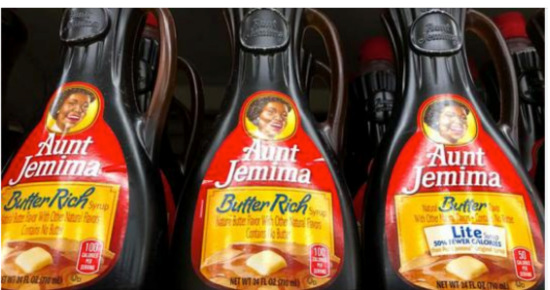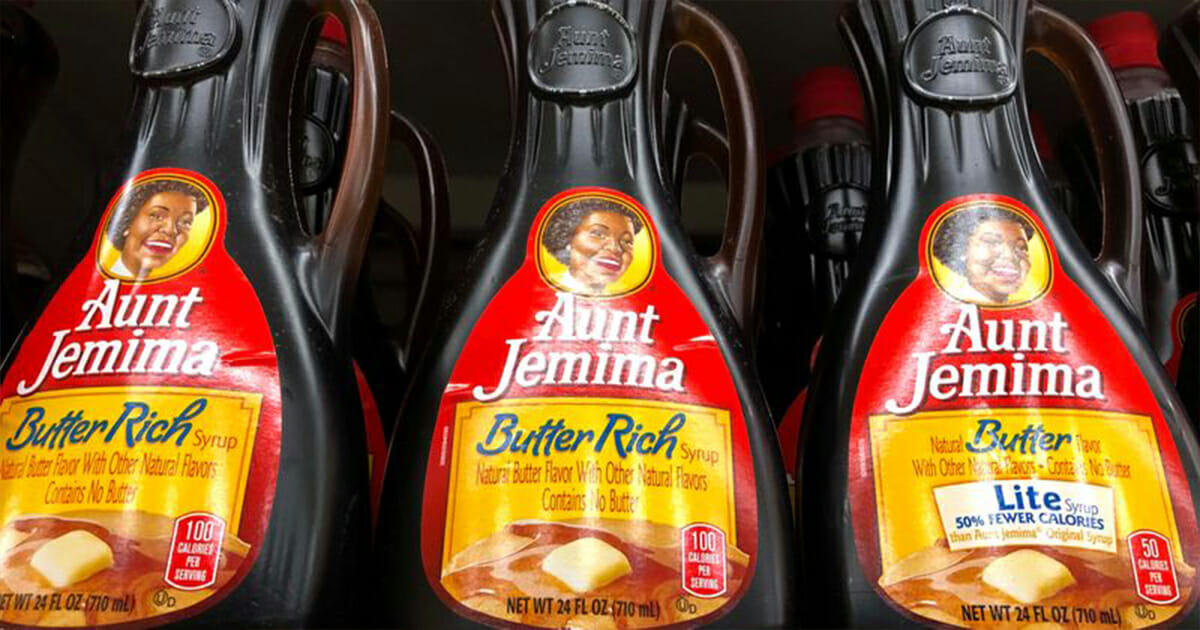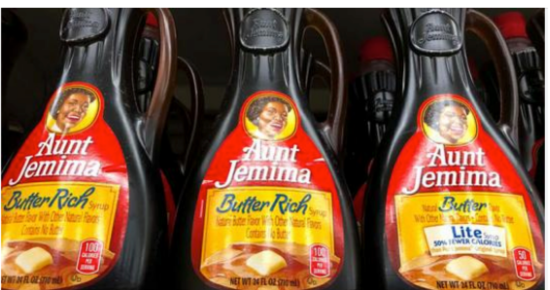“Aunt Jemima’s” Legacy and Family: A Closer Look

The announcement by Quaker Oats to retire their “Aunt Jemima” brand following the Black Lives Matter movement in 2020 took many by surprise. For decades, this brand had been a part of American breakfast tables. However, not everyone welcomed the change.
Among those who voiced strong objections was a great-grandson of “Aunt Jemima.” He felt this decision didn’t just retire a brand but also risked erasing a significant piece of black history. Larnell Evans Sr., a Marine Corps veteran, expressed his family’s pain clearly, stating, “This is an injustice for me and my family. This is part of my history.”
Evans argued that the company profited for many years from an image rooted in a painful history and when faced with criticism, chose to erase it rather than address the historical context.
“The racism they talk about, using images from slavery, that comes from the other side — white people. This company profits off images of our slavery. And their answer is to erase my great-grandmother’s history. A black female. … It hurts.”

The portrayal of a black woman on the “Aunt Jemima” label is based on Nancy Green, who was born into slavery. Despite these origins, Quaker Oats and others have historically referred to her as a “storyteller, cook, and missionary worker.” Green played a key role in the brand’s early success, serving pancakes at the Chicago World’s Fair in 1893.
After Green, the role of “Aunt Jemima” shifted to Anna Short Harrington, Evans Sr.’s great-grandmother, who was discovered while making pancakes at the New York State Fair. Harrington embraced the role in 1935 and worked with Quaker Oats for two decades.
“She worked for that Quaker Oats for 20 years. She traveled all around the United States and Canada making pancakes as Aunt Jemima for them,” recounted Evans Sr., emphasizing her significant contribution and dedication.
This legacy, deeply interwoven with the brand’s history, was not just a professional engagement for Harrington; it was a testament to her resilience and strength post-slavery.
For Evans Sr., the decision to retire the brand underlines a failure to acknowledge black history in a nuanced way. He expressed frustration that the brand, initially steeped in racial stereotyping, was being erased rather than allowed to evolve meaningfully.
“How many white people were raised looking at characters like Aunt Jemima at breakfast every morning? How many white corporations made all the profits, and didn’t give us a dime?” he asked, shining a light on the racial disparities he perceives in the brand’s trajectory.
The discussion around Aunt Jemima raises broader questions about how companies approach their historical narratives, especially those intertwined with sensitive racial histories. It emphasizes the importance of not just change, but also thoughtful dialogue and acknowledgment of the past.
This continues to be a topic of significant discussion and debate in society. What do you think about it? Feel free to reflect on these issues and share your thoughts with others.




